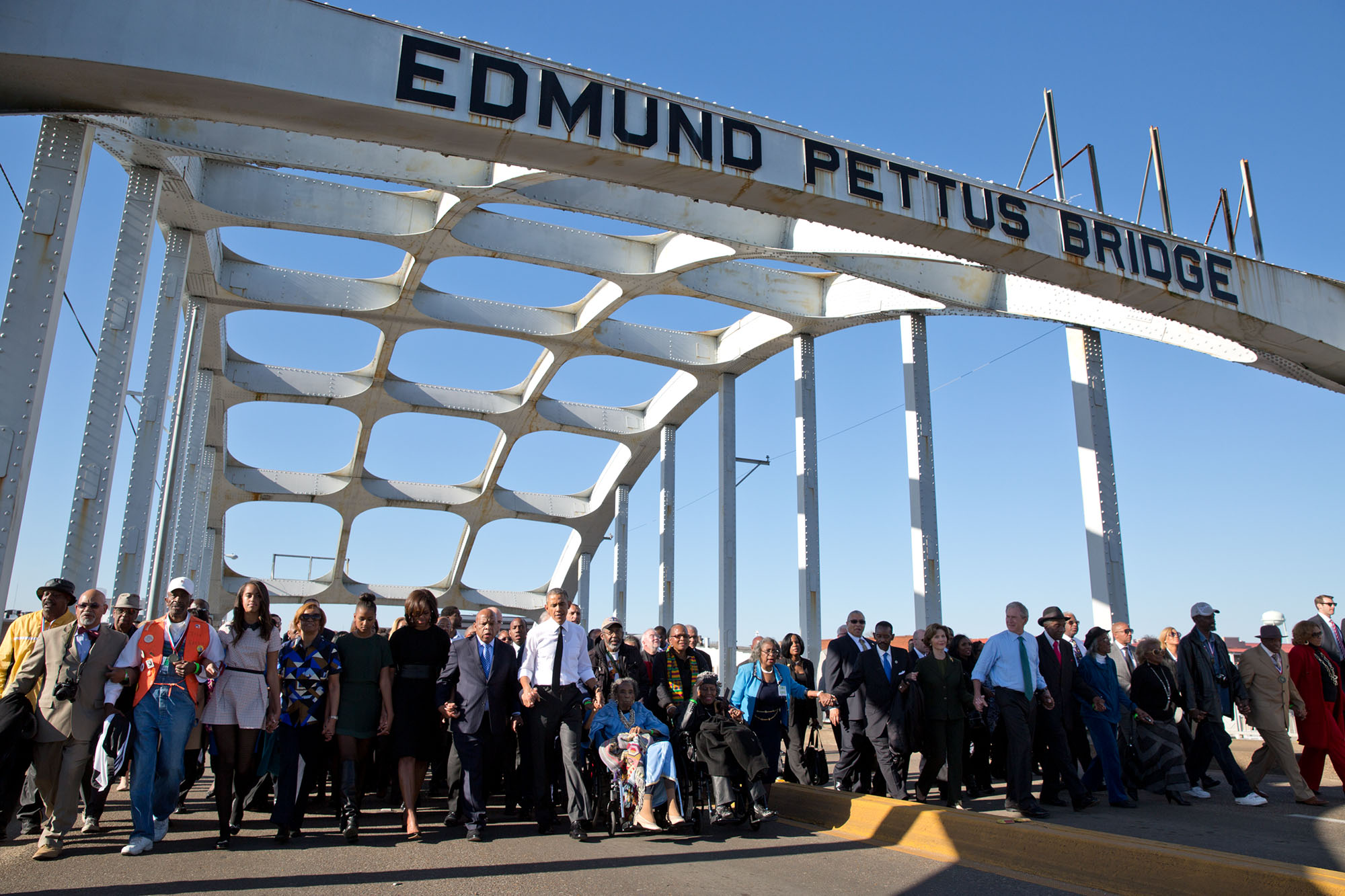Sunday, June 25, is the fourth anniversary of the Supreme Court’s Shelby v Holder decision to gut the Voting Rights Act (VRA) of 1965. This decision undermined a fundamental value that our country was founded on -- one person, one vote. Since this decision, numerous states have passed laws making it harder, and in many cases impossible, for Americans to vote and to have a voice in the issues that affect their lives.
The same people most affected by toxic chemicals in our air and water and who are experiencing the harshest impacts of climate disruption are the same communities targeted with voter suppression and discrimination. The gutting of the Voting Rights Act opened the door for state legislatures, and now the president, to take away the one guaranteed power and voice we have to influence our government. Our vote is our voice, and we must fight to protect what we have and we must grow it louder.
The Shelby decision did not eliminate the entire VRA, but it overturned one of the most powerful sections of the law. The key section struck down required that states with a long history of discrimination and racist voting laws, mostly former slave states, must have any new changes to voting laws pre-approved by the Justice Department. This added protection stopped attempts by state legislatures to institute racist voting laws for decades.
Unfortunately but unsurprisingly, the states once barred from establishing discriminatory voting laws have jumped at the opportunity to discriminate and disenfranchise millions of Americans. Thirty-three states now have restrictive voter ID laws that prevent people from voting. The 2016 election was the first election in 50 years without the full protection of the VRA, and we saw states shut down polling locations and limit hours with little to no repercussion. In my home state of Arizona, officials cut the amount of polling locations from 200 to 60 in Maricopa County, the largest and most populous county. Some voters waited over five hours to vote.
North Carolina’s Republican-controlled legislature passed multiple pieces of legislation that restricted the right to vote. A federal court recently ruled that the legislature targeted African Americans “with almost surgical precision.” These laws also have a disproportionate impact on older voters, people with disabilities, and students -- groups that tend to vote Democratic.
And now, these attacks are coming from the highest office in the land. Beginning on his first week in office, Donald Trump has been leading the charge to suppress the votes of American citizens. He has created a commission that will investigate his disproven claims of voter fraud. There have already been numerous investigations into voter fraud, and every single one has proven that voter fraud almost never occurs. A study of one billion votes cast between 2000 to 2014, showed only 31 credible instances of in-person voter fraud. There was no presidential commission on who shot Mr. Burns because it was fictional -- just like Trump’s claims of voter fraud.
Trump is right about one thing: There is a problem when it comes to voting in America -- it’s just not the one that he promotes. In the wake of the Shelby decision, legislatures are passing laws restricting people of color, low-income people, and young people from voting. Rather than establish a commission to find ways to reduce barriers and address bigger problems, like longer lines, or to modernize our election system, Trump has chosen to search for ways to make it harder to vote.
Voting is our basic right as Americans, one that we will and must always fight to keep and expand. If we are going to make the long-term progress on limiting the impacts of climate change on our families and communities and on stopping corporate polluters from dumping toxic chemicals into our air and water, then we must ensure that those people who are most affected by those policies can use their voice and vote. On the anniversary of the dismantling of the Voting Rights Act and on every day, we must remain vigilant to ensure no one is denied the right to vote.
